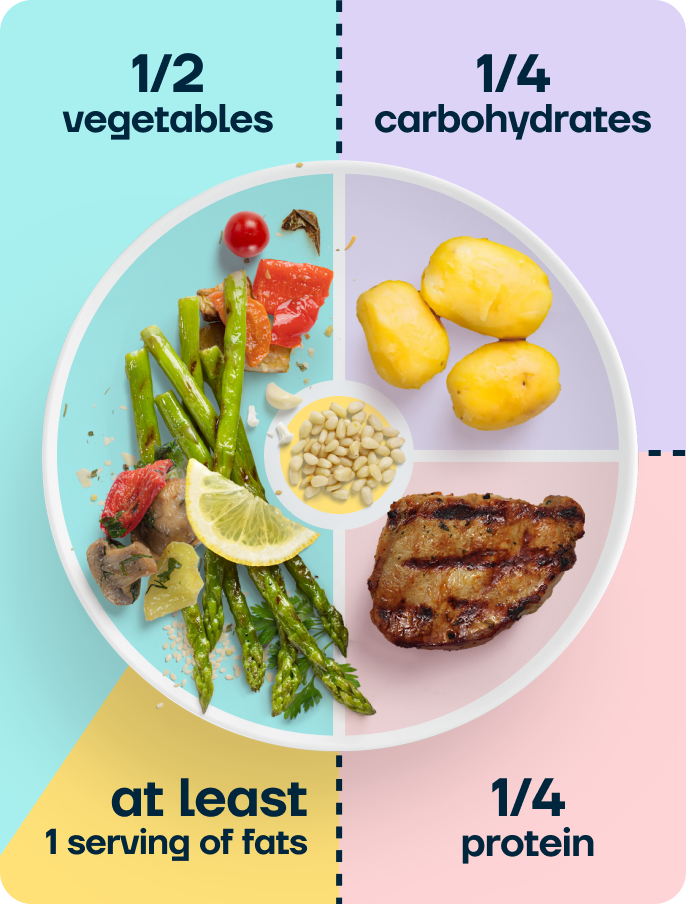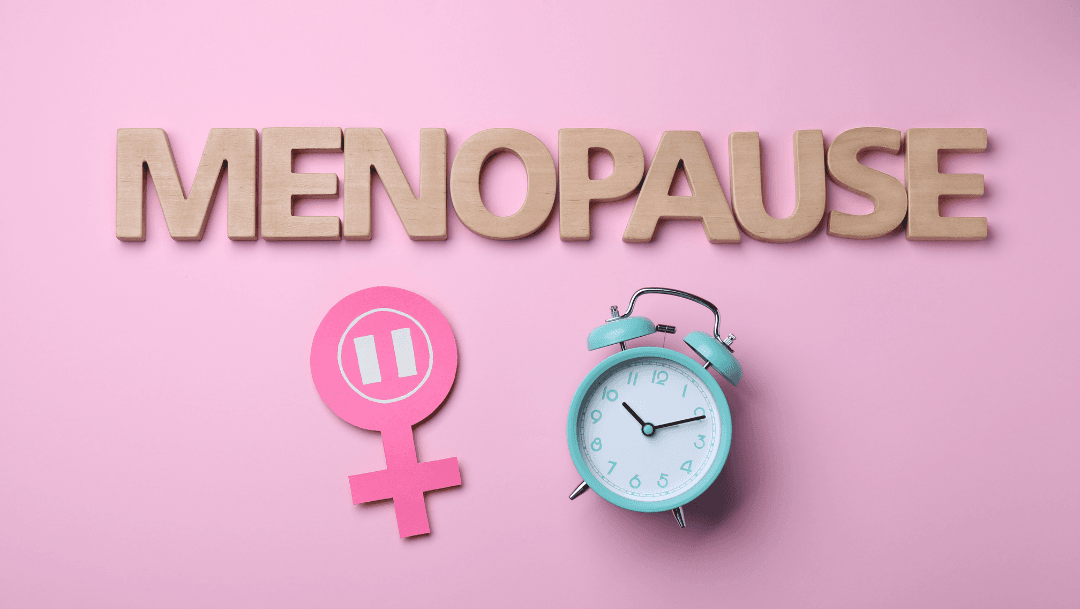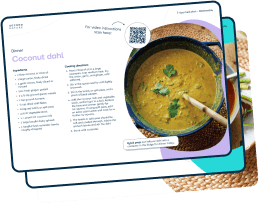Jump to: Is it harder to lose weight when starting menopause? |
Does menopause weight gain go away? |
What’s the best diet for menopause? | Take home message
Research suggests that you can lose weight during menopause if you’re able to follow a diet that leads to a calorie deficit to help you burn excess fat.
One study investigated the effect of weight loss on hot flashes experienced by 40 menopausal women.
The study found that women lost an average of almost 9kg in 6 months and experienced reduced severity and frequency of hot flushes.
Medication-assisted weight loss with a future focus
Start with Wegovy or Mounjaro, transition to habit-based health with our support


Is it harder to lose weight when starting menopause?
Losing weight during menopause may be more challenging than during other times due to the shift in women’s hormonal balance.
Research has suggested that the change in the hormonal balance that occurs during menopause can impact appetite regulation and hunger.
One study tracked 94 women over five years of their menopausal transition to investigate the impact of menopause on their appetite and energy intake.
The study showed that appetite and hunger significantly increased during the menopausal transition and were maintained in the first couple of years post-menopause. The women in this study also reported experiencing a higher preoccupation with food.
The increased hunger observed in this study is likely related to the rise in the hunger hormone ghrelin.
One study showed that ghrelin levels increased by 9-fold from premenopause to menopause. Researchers aren’t exactly sure why this happens.
During the menopausal transition, ghrelin rises alongside other changes, such as oestrogen, FSH, and leptin.
It’s possible that the rise in ghrelin serves a purpose elsewhere in the body and has the unfortunate knock-on effect of increasing hunger.
So, menopause could potentially lead to weight gain and make weight loss harder due to the shift in hormonal balance.
Does menopause weight gain go away?
It’s possible to lose weight during menopause or in post-menopause. But whether you’re able to lose weight during or after menopause will depend on your individual situation and how you respond to the changes in your body.
The changes in hormonal balance during menopause ease, and research suggests that the hunger hormone ghrelin returns to lower levels during post-menopause.
However, it’s important to focus on lifestyle and maintain a healthy diet, stay active, and look after your emotional health if you want to maintain your ideal weight during and after menopause.
What’s the best diet for menopause?
The best diet for menopause is based on whole foods, low in ultra-processed foods, and one that helps you manage lower hunger levels while ghrelin levels remain higher.
It’s also essential to follow a diet that isn’t overly restrictive and one you can enjoy and maintain in the long term. We want to focus on long-term health, not just a diet for the short term.
Second Nature has supported over 250,000 people in losing weight sustainably, particularly women going through the menopausal transition.
The NHS has also trusted us since 2017 to deliver weight-loss programmes for thousands of people across the UK.
From Second Nature’s perspective, a balanced diet encourages the consumption of:
- High-quality protein sources: Fish, meat, eggs, tofu, tempeh, yoghurt, cheese, and seafood.
- Fat from whole foods: Meat, fish, eggs, dairy products (rich in calcium), nuts, seeds, avocado, and extra virgin olive oil.
- High-fibre carbohydrates: Whole grains like quinoa and brown rice, sweet potato, white potatoes, pumpkin, legumes like lentils, chickpeas, beans, and butternut squash.
- Fruits and vegetables: Take your pick!

We also encourage limiting the following foods, but they can still be included from time to time:
- Refined carbohydrates: White rice, breakfast cereals, supermarket bread.
- Added sugar: Added into drinks or meals.
- Sugar-sweetened beverages: Cola, lemonade, energy drinks, and fruit juice.
- Refined oils: Vegetable and sunflower
- Ultra-processed foods: Pastries, low-calorie/low-fat products, microwave meals, fast food, breakfast cereals, frozen pizzas, and frozen desserts.
- Trans fats
If you’d like to try the Second Nature approach for free, find our NHS-trusted meal plan and kickstart your weight-loss journey without counting calories or strict rules and restrictions.
Following the Second Nature approach to nutrition can help you manage hunger, increase your energy levels, and lose weight during menopause.


